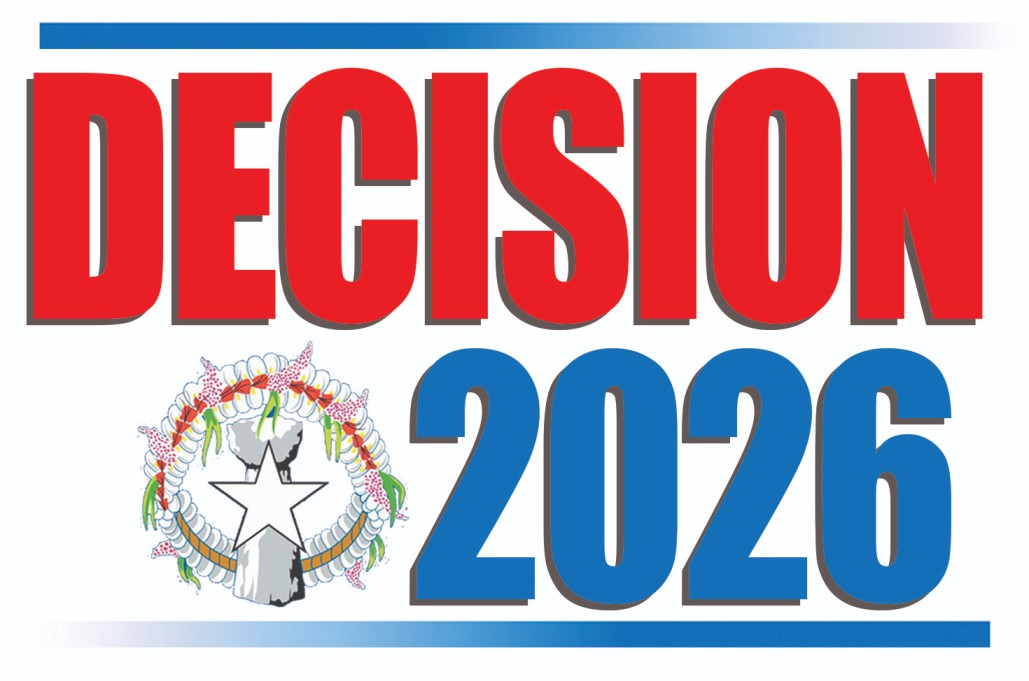Here’s where we’re at
THE administration “expect[s] economic recovery in the coming year.” Why? Because there will be more flights from South Korea, which means more tourists. And there will be more federally funded construction activities. These, to be sure, should result in more revenue collections for the government.
But would they be enough to pay all of its pressing and mounting obligations?
One of the dictionary meanings of “recovery” is “regaining of or possibility of regaining something lost or taken away.” (Not-so fun fact: it took the CNMI about 15 years to recover from the economic disaster triggered by the Asian currency crisis in 1998.)
Today, in the case of the local economy, what was “taken away” by Yutu and the pandemic restrictions amounted to tens of millions of dollars in revenue. Prior to those twin disasters, the CNMI had three major tourism markets, and a new investor providing over $18 million in annual fees to the government, on top of $47 million in annual business gross revenue tax.
Based on the government’s pre-Yutu budget in 2018, the total identified budgetary resources for FY 2019 was $258.13 million, and the total local revenue and resources available for government appropriation was $145.26 million. At those funding levels, the government was paying its employees on time, and many even received pay raises. There were also many new hires. Settlement Fund, retirees’ 25% and GHLI payments? Easy peasy. Ditto medical referrals, PSS, NMC, DPS, etc. Utility payments, land compensation and government vendors, too.
Now compare all that with the government’s revised FY 2023 budget:
$164.19 million in total identified budgetary resources of which $121.6 million (supposedly) is available for appropriation.
The Department of Finance, however, said it has missed its revenue targets in the past three quarters, but it remains hopeful for the fourth and final quarter. There is no mention if its projections took into account the labor shortages that are expected to get worse in the fourth quarter because of “touchback.” These could affect construction projects and/or the workforce needs of hotels and other tourism-related businesses.
In any case, what are the consequences of the government’s declining revenue collection that began about four years ago?
A reduction in government work-hours. A scrambling for money to pay the Settlement Fund, the retirees’ 25%, GHLI, local Medicaid. CUC is not getting paid in full and on time by government entities. There are talks of further reduction in government work-hours, and the passage of tax-hike measures.
Do elected officials actually believe that higher tax rates would result in higher tax collections in this economy and amid a declining population? Maybe not, but they do know that new taxes should “justify” their revenue projections and proposed (election-year) spending levels. That is, they can continue spending money they don’t have on expenses they can’t afford.
Business as usual.
Sound the bugle
SO far, the administration’s plan is the same as that of previous administrations that faced a declining economy: try to hold the fort, and wait for the cavalry (more tourists, a new investor, Uncle Sam).
Historically, government expands rapidly when the economy is doing great, but will, as much as possible, refuse to cut back even when the economy can no longer pay for all its employees, programs, services and other obligations.
Based on its pronouncements, the administration is content with a one-market, one-industry economy as long as the U.S. military provides “additional funding support to stabilize our economy,” as the governor would put. He is seeking “direct aid to replace the economic loss that we have experienced as a result of the CNMI’s pivot away from China.” He admits that further developing other tourism markets “will take time.” (No need to mention that the CNMI is also competing with other attractive, more famous and less expensive tropical destinations.)
The administration also says that the Legislature should “continue to pursue opportunities to streamline costs and increase revenue to support government operations and the delivery of public services.”
We say yes to further cuts in government spending, but no to “increasing revenue” to “support” government operations and its services.
Not all government operations and public services are needed. Redundant, duplicative agencies must be consolidated. Essential public services should be prioritized. Government utility usage, vehicle use, cell phones, among other things should be significantly reduced.
People who can’t afford them don’t have them. This government can’t afford them, but it expects taxpayers to pick the tab. No more. You can’t pay for it, you can’t have it.
Enough with “revenue generating measures” that are nothing but forced blood donations from an already anemic private sector. Businesses are downsizing, cutting costs, reducing work hours, laying off employees. The government should do the same,
But that’s not in the best political interests of many elected officials.
So business as usual.










